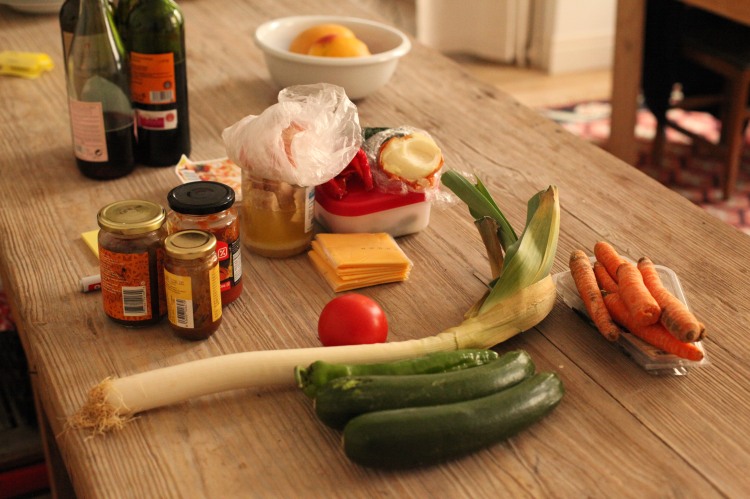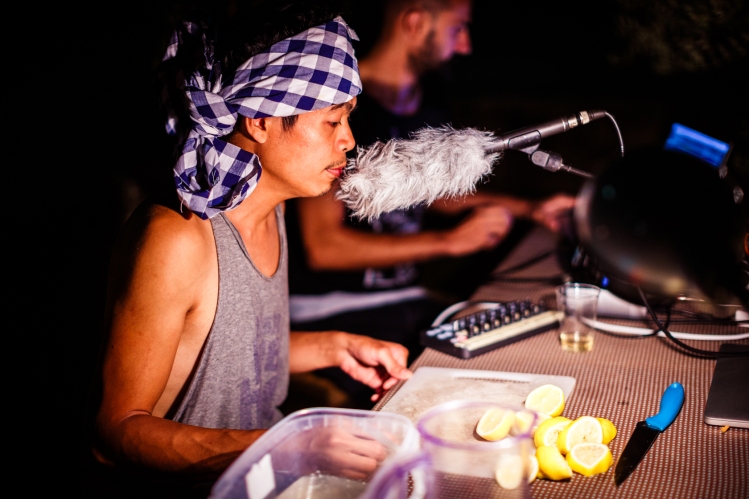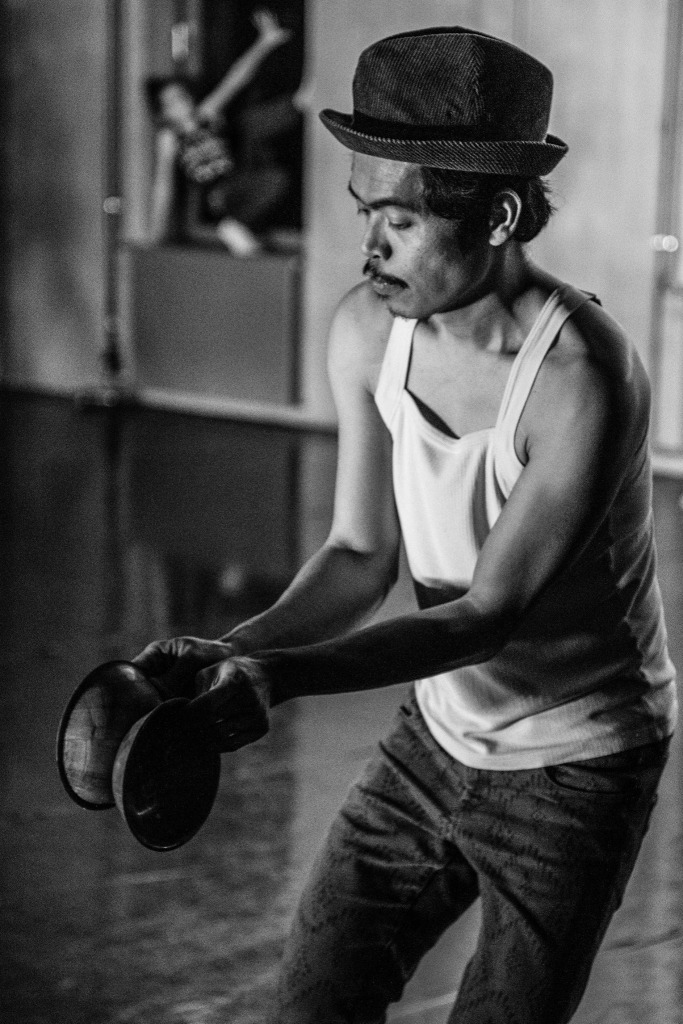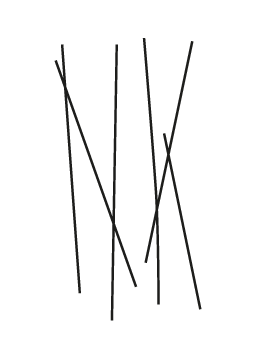NOWHERE KITCHEN
Cooking with Leftovers

Cooking with what is there

Nowhere Kitchen is an art of performance based on the philosophies of cooking with leftovers. As an artistic concept, it was formulated and developed by autodidactic chef/artist Pepe Dayaw. It’s precursor was the ‘Es Cena’ project, a series of leftover dinners held in private houses in Madrid in 2012 where Dayaw made meals out of found food in fridges and pantries. Through more than a decade of art meets life experiences, expanded collaborations, residencies and serendipitous happenings or improductions, the concept evolved as a set of vocabularies for embodying the use of food as ritual pretext, with the emphasis on the cooking process as a form of social theatre, labor game and art practice.
A way to tell stories
Through a uniquely creative use of leftovers, Nowhere Kitchen brings out intuitively organic theatres and socialities based on the performance art of cooking that animates a specific local situation, giving it a global twist. The inspiration, methodology and style of Nowhere Kitchen is derived from the practical vocabularies of the proverbial ‘migrant cook’ and their embodied knowledge of intuitive fusion and survival.

Cooking as art; Living as performance
For Pepe Dayaw, the research of Nowhere Kitchen was a personal autoethnographic art meets life journey or ‘pakikipagsapalaran’ that evolved into a nostalgic remembrance of the routes of spices and each cooking act unraveled into a ruminant embodiment of a migrant ‘Pinoy’ performing creativities and adaptability in the midst of the precarious and the unexpected.

Research & Development
From Manila to Madrid to Berlin…
In 2012, Pepe Dayaw, out of their own need for survival and adaptation into a new country, initiated a performance art practice in Madrid: as a roving chef cooking leftover dinners in people’s private houses. Impromptu meals and feasts were created out of what was found in people’s fridges and the gathering of leftovers. A year later, he moved to Berlin and brought the leftover dinners with them, translating it into the city’s highly creative scene where it would evolve into a multifaceted research project through serendipitous collaborations and residencies. Nowhere Kitchen and Pepe Dayaw would end up traveling to four continents and took place in each iteration as a fluid form of theatre; a unique way of hospitality that collaborated with places, stages and contexts. In 2022, ten years after he initiated the practice, Pepe Dayaw won a research grant from the German senate to translate his Nowhere Kitchen research into pedagogic materials.

ABOUT PEPE DAYAW

Pepe DAYAW is a performance art cooker, writer/researcher and an upcoming fashion designer. Since immigrating to Europe in 2010, they have been engaging in transdisciplinary collaborations and independently developing social choreographies and performative situations or‘ganap’ based on and playing with an autoethnographic perspective as a Filipino queer migrant subject. They are interested in the efficacy of laying the grounds for impromptu movements and precarity as pretexts for researching authentic social choreographies. For Dayaw, these vulnerable spaces become potent institutes for creating new or unprecedented knowledge ‘out of the old’ and for negotiating (or queering) transitions for ‘states of emergence’ or the experience of ‘newness’
